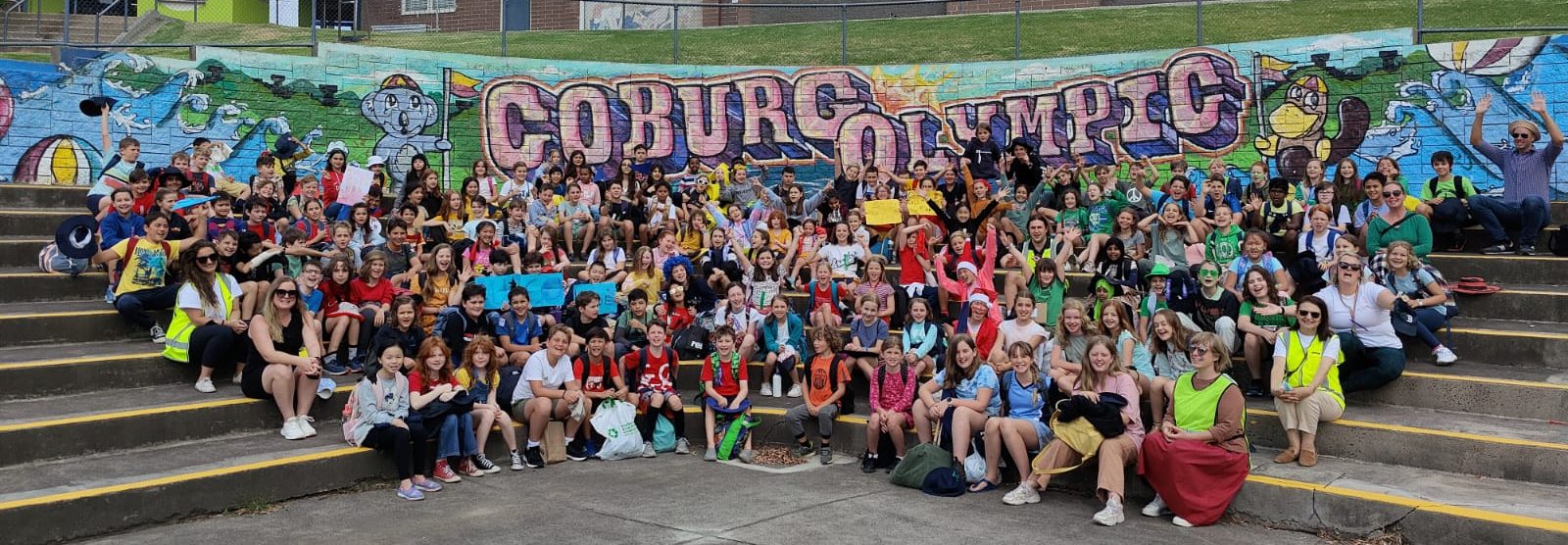The positives and negatives of our mindsets
As we grow and become the leaders of the school, we learn the importance of understanding our emotions and exploring ways to support our physical and mental well-being. As your well-being can take on many different forms, the 5/6s have employed a number of strategies to support individual and whole-cohort well-being this semester. Even in times of remote learning it’s important for everyone to still feel connected and part of our community. Here is some of the great work the 5/6s have been doing this semester to engage, reflect and apply a number of wellbeing strategies in the classroom, yard and even at home.
Respectful Relationships: Coping Strategies and Positive and Negative Self-Talk
The students have been unpacking the major concepts through the respectful relationships unit. One of the units we have explored has been coping strategies and problem solving. The conclusion we came to was that everyone has different coping strategies but it’s important to know the triggers and how to problem solve in stressful situations.

Most recently, we have been exploring the impact positive and negative self-talk have on emotional wellbeing.
On Tuesday morning 5/6 neighborhood 2 looked at positive and negative ways of coping with stress. Everybody wrote some in their book, then we all shared our ways of coping by writing them up on the board.(Tom L)
(For my representation of positive and negative self-talk) The pink mind represents the positive mind and the blue mind represents the negative mind. The example is when you just missed a goal in netball. For the blue mind you tell yourself that now the whole team is going to lose because of you. But for the pink mind you tell yourself that it is ok and that there is always next time. (Harriet R)

Wellbeing During During Lockdown: Kahoots and Presentations
To mix up the webex interactions, each homegroup provided opportunities for the students to create and share a kahoot about a topic of their choice. Many students chose to make their Kahoot about themselves to share tid-bits about their likes and dislikes with their peers, as well as provide the opportunity for other students to learn more about other students in the homegroup.

‘It was a fun way to interact especially because we couldn’t see each other face to face’ (Marta)
The afternoon homegroup webexs were also a time for students to share their work and celebrate their learning. In the second week of lockdown, Neighbourhood 1 homegroup joined together and Neighbourhood 2 homegroups joined together to engage with student-led sessions and presentations.

Weekly Chickens:
Each week, the students complete a weekly check-in or as we like to call it, a weekly ‘chick-en’ due to Toni’s Kiwi accent. The students are provided with the opportunity to feedback about their week and share their experiences from the week, such as interactions they had in the yard and challenges they embraced and how they contributed to the neighbourhood.

‘We find the weekly chickens to be really motivating and we feel like they help to reflect and with our well-being’ (Tom V, Harry, Thomas B and Raf L)
‘The weekly chickens make you feel cared about’ (Elliot M)
We’re looking forward to building on our emotional intelligence through respectful relationships and weekly-chickens more next term!
